Houston Chronicle – Opinion: Latinos want school choice and Texas leaders should listen
- by VALERIA GURR
The following article was originally published in the Houston Chronicle.
U.S. Rep. Mayra Flores (R-TX) is applauded by House Republicans at a news conference after being sworn in at the Capitol Building on June 21, 2022 in Washington, DC. Flores was elected to fill the seat held by Democratic Rep. Filemon Vela, who resigned from office in March. She is the first Mexican-born woman elected to Congress.
Over the last few years, states have taken unprecedented steps to expand parent choice in education for America’s families.
Across the nation, Education Savings Accounts and tax-credit scholarships are being created, expanded or improved to make educational freedom attainable for all.
In Texas, the topic has become quite important for families. Not only did Gov. Greg Abbott recently decide to speak up in support of school choice and of empowering parents, but candidates in favor of educational freedom are being elected up and down the ballot throughout the state.
The latest historic win comes from the first Mexican-born Congresswoman Republican Mayra Flores who flipped Texas’ U.S. House District 34, a heavily Hispanic district created a decade ago which includes the southern border of the Rio Grande Valley. Flores understands the importance of parental school choice and the doors it can open for Latinos and disadvantaged children, and she voiced that support in October 2021.
A recent study conducted in Texas sides with Abbott and Flores, finding an overwhelming support for school choice among the 608 Hispanic adults surveyed. The study, published by the Texas Public Policy Foundation, states that 78 percent of the survey respondents believe that parents should have the right to utilize earmarked tax funds to send their child to whichever school — public, charter or private — that best meets their needs.
Although that number may seem small in relation to the total population of Hispanics in Texas, the results concur with a recent national poll conducted by the American Federation for Children and conducted by RealClear Opinion Research. The survey of over 2,000 registered voters nationwide overwhelmingly showed support among all demographics for school choice. Of the Hispanics surveyed, 77 percent strongly supported giving families educational options.
As a Hispanic school choice advocate and parent myself, I understand why families, now more than ever, are asking for access to educational freedom. All one has to do is watch the news to see the frightening statistics. The COVID-19 pandemic worsened both academic and non-academic difficulties that Latino students already experienced, particularly for those growing up in low-income homes. Reports show that many students were forced to drop out of school to help support their families, and those who remained in school lacked access to technology and other necessary resources.
We want to foster conversation and highlight the intersection of race, identity and culture in one of America’s most diverse cities.
For years, disadvantaged children have systematically slipped through the cracks and been assigned to schools that have been failing for decades. The achievement gaps have considerably increased, and private schooling alternatives have become even more out of reach for many lower- and middle-income families. The pandemic exacerbated these failures and gave parents a front-row seat to what is truly happening in America’s classrooms. Unfortunately, the failures go way beyond reading, writing and arithmetic.
As a first-generation American from Chile, I understand the importance and value of education. My parents and grandparents always reiterated how schooling is something invaluable that would open doors for my future. Latinos who can attend college or obtain a valuable education take pride in that. Many of us come from generations of poverty, and being able to break this cycle means freedom and opportunity for generations to come.
No child should be forced to wait for a system to improve; they should have even greater access to school choice as a viable and cost-effective alternative to closing the achievement gaps. According to a 2016 EdChoice report, 25 studies show that school choice programs save taxpayers money. More importantly, these programs can help families who have been harmed most by generations of systemic failures. Most school choice programs in the country are limited based on income, and over 600,000 students successfully use them all across the country.
From my experience visiting schools and working with families, I know firsthand that schools will often work with families to ensure low-income students are able to attend, and in some cases, offer supplemental scholarships as these schools want to be partners in education and help low-income families attend their schools.
Texan families are no different, and their representatives should be bold enough to improve the school system in their state. Texans need legislators who are representative of their beliefs. They also deserve legislators willing to create an educational system process that is inclusive of their diverse community through school choice.
As leaders in a state that does not provide scholarships for students to attend private schools, Texas legislators should view the strong support for school choice as a wake-up call. They should move to release the stranglehold on education for the next generation, considering Hispanics represent more than 52 percent of the 5.5 million students enrolled in public schools in the state during the 2019-20 school year.
For years, Hispanics have been asking for a seat at the table, and that time has come. As a growing political power, Latinos are equipped not only to vote for leaders who empower parents and families, but also to become the educational leaders our community yearns for.
The education status quo in Texas should not be our only option. Despite the challenges our community faces, freedom in education should be embraced by the Lone Star State as the remedy for minority communities to achieve the American Dream.
Valeria Gurr serves as director of external affairs relations for the American Federation for Children. She was the program manager for the Nevada Institute for Children’s Research and Policy and is a passionate advocate for educational choice, particularly for underserved families.

